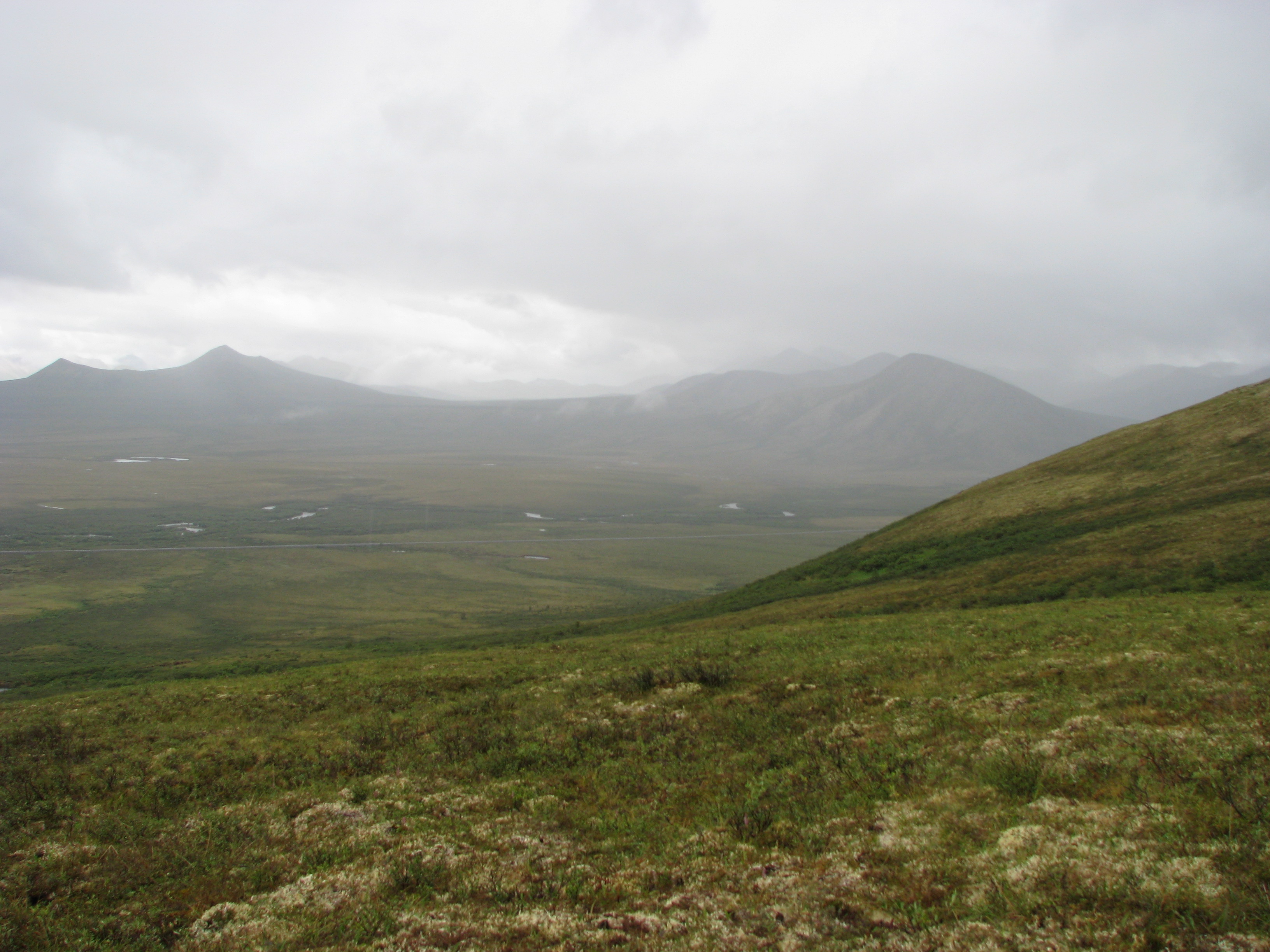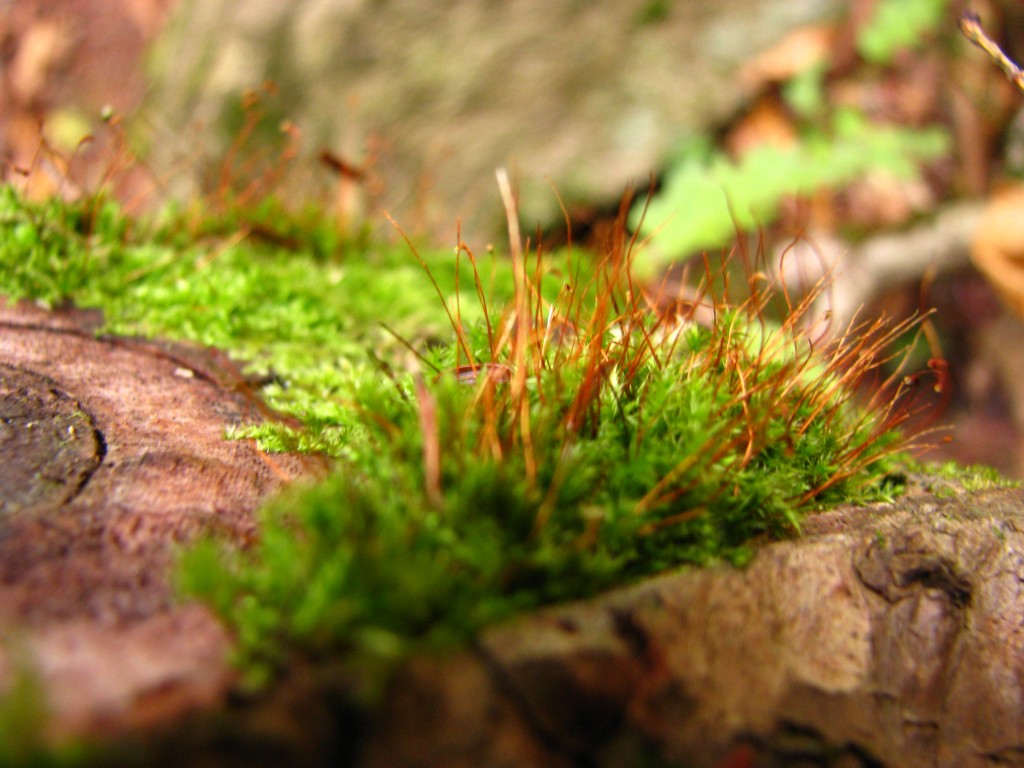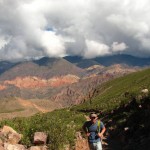ENGL470 1:2-Q4:
Why is it so problematic to figure out this place we call home: Canada?
I believe the answer lies in morality. I welcome comments concerns and criticisms!

Tombstone Territorial Park, Yukon, Canada.
J. Edward Chamberlin illustrates some of the reasons we struggle with the ideas of home and homeland in Canada:
“The sad fact is, the history of settlement around the world is the history of displacing other people from their lands, of discounting their livelihoods and destroying their languages” (Chamberlin 78)
“Put differently, the history of many of the world’s conflicts is a history of dismissing a different belief or different behaviour as unbelief or misbehaviour and of discrediting those who believe or behave differently as infidels or savages.”
(Chamberlin 78)
The world is in constant environmental flux, with climatic conditions changing over only a few generations of human lives. As the population increases those in favourable environments (at most basic levels can provide water, food, and shelter from the elements) are under constant pressure from themselves and from those in less favourable environments. Conditions change, and people move from once-desired places due to climatic shifts, depletion of resources, population growth, or cultural belief systems, and inevitably move to metaphorically greener pastures. Our entire existence as a species is predicated on this migration, but it also results in conflict when these greener pastures are inhabited or claimed as a homeland to others. As Chamberlin points out, the saddest part of our migration and settlement is that it results in the destruction of the previous inhabitants’ means of both physical and cultural survival, at the very least in their former homeland.
Settlement of the Americas was predicated on the idea that an unimaginably vast area was uninhabited, rather than the hotly contested real estate in Europe, and was free for migrants to build new lives. Upon arrival settlers quickly discovered this was not true, the lands were inhabited by peoples government by complex language, judicial, religious, and cultural systems. This presented a moral dilemma for both religious and secular colonizing powers. Various (by and large) Christian powers had to argue for both waging war and coveting the land of others. Essentially, this broke the most canon law of the New Testament known to the commoner: Love thy neighbour as thyself. The loophole for this law is changing the definition of “neighbour”. Quickly the situation shifted from what was basically an invasion into a morally obligated mission to convert heathens to Christianity.
From a more secular perspective, Western philosophy is grounded in the idea of the social contract. In exchange for some personal freedoms to the state, individual citizens can trust that they will be safe from theft, murder, or slavery. Essentially, the social contract is the basis for what is meant by civilization. This contract is not signed, but is manifest in justice systems that enforce laws and rules set down for what is deemed acceptable behaviour. Once again, the workaround for the social contract and western legal systems is that only members who are part of the society are protected by its laws. Taking a life, livelihood, or land is forbidden when it comes to everyday interactions between peers, but different rules apply when dealing with outsiders. By defining Aboriginals as outside of western social contracts colonial powers were able to treat them unequally as humans without rights or property. Ultimately colonial powers felt obliged to “make use” of land and govern the Aboriginals with paternalistic ideals. These ideologies became manifest in the constitutions, laws, and policies of colonized countries around the world, including our sullied history of residential schools.
Chamberlin further clarifies his first statement through the second quoted passage. In order for amoral behaviour to be justified one must find loopholes that define such behaviour as moral. Simply put, building binary oppositions between “us” and “them” means that amoral treatment of others can be deemed just. Indeed, this is the case not only in colonization but in any conflict between groups that violate moral guidelines on violence, theft, or behaviour. Migration, settlement, and conflict are all closely intertwined. Even wars based on religion, ethinicity, or governance all involve how land is distributed, used, and accessed.
Chamberlin’s words resound strongly with anyone who regards the violent human history of settlement and conflict with some shame, regret, empathy and apology. Indeed, cultures, and subcultures have been exiled, killed, and treated unequally throughout the world. I agree in recognizing and accepting our brutish history. However, rather than only admitting fault of our predecessors (and ourselves) I believe it is equally important to understand why there was fault at all. Few people actively go against what their morality dictates as acceptable, fewer still wish to make themselves out as the villains. In the story of our lives we are always a protagonist in our own hearts, doing our best to do the right thing as dictated by our own morals and circumstance. To learn from our history, and prevent similar atrocities in the future, I think we need to consider the morality of our actions from different perspectives. We may very well be villains in the lives of others and only find out later.
I think our difficulty in figuring out how Canada is home is based on trying to reconcile that the founding and growth of our country was at the destruction and cost to those here before. Even if we do feel at home it is with a certain unease, as if we have a home because it was taken through transgression of some moral imperatives. It is truly pleasant to think of home as people we care about or as a distinct place, but neither of these things are permanent. This is especially true for Canadians who are almost ubiquitously are or are descended from exiles, displaced persons, or refugees from North America and all over the world. Perhaps our homelessness is our common ground, or perhaps it is that we are all grounded in uprooted soil. This, however, does little to assuage visceral feelings of home and homesickness, which are constant throughout our entire lives and are as close to permanent as we can understand. Now comes the question: if not a people or a place what is home?
We often view the world through binary opposition, as light and dark, night and day, on and off, imagination and reality, truth and belief, right and wrong, home and away. We use these classifications to makes choices throughout our lives, however, at least subconsciously we know that binary opposition does not exist, it is simply our interpretation of reality. Though I was raised in Fredericton, I have felt at home in other parts of Canada and the world. Sometimes I feel it is due to a place, or other times people, but it is always based on a feeling.
I cannot speak for any other Canadian, but I believe we are all both homeless and have a home here, we are all exiles and displaced. We are all both nomads and settlers in the end.

A dusty and landlocked NW passage
Barrett, Julia R. “Migration Associated with Climate Change: Modern Face of an Ancient Phenomenon.” Environmental Health Perspectives 120.5 (2012): a205. Print.
Chamberlin, Edward. If This is Your Land, Where are Your Stories? Finding Common Ground. AA. Knopf. Toronto. 2003. Print.
Friend, Celeste. “Social Contract Theory” Internet Encyclopedia of Philosophy. Hamilton College U.S.A. Web. 16 Jan 2014.
Hanson, Erin. “The Residential School System” Indigenous Foundations. Dept. of Arts Univ. British Columbia. Web. 16 Jan 2014.








